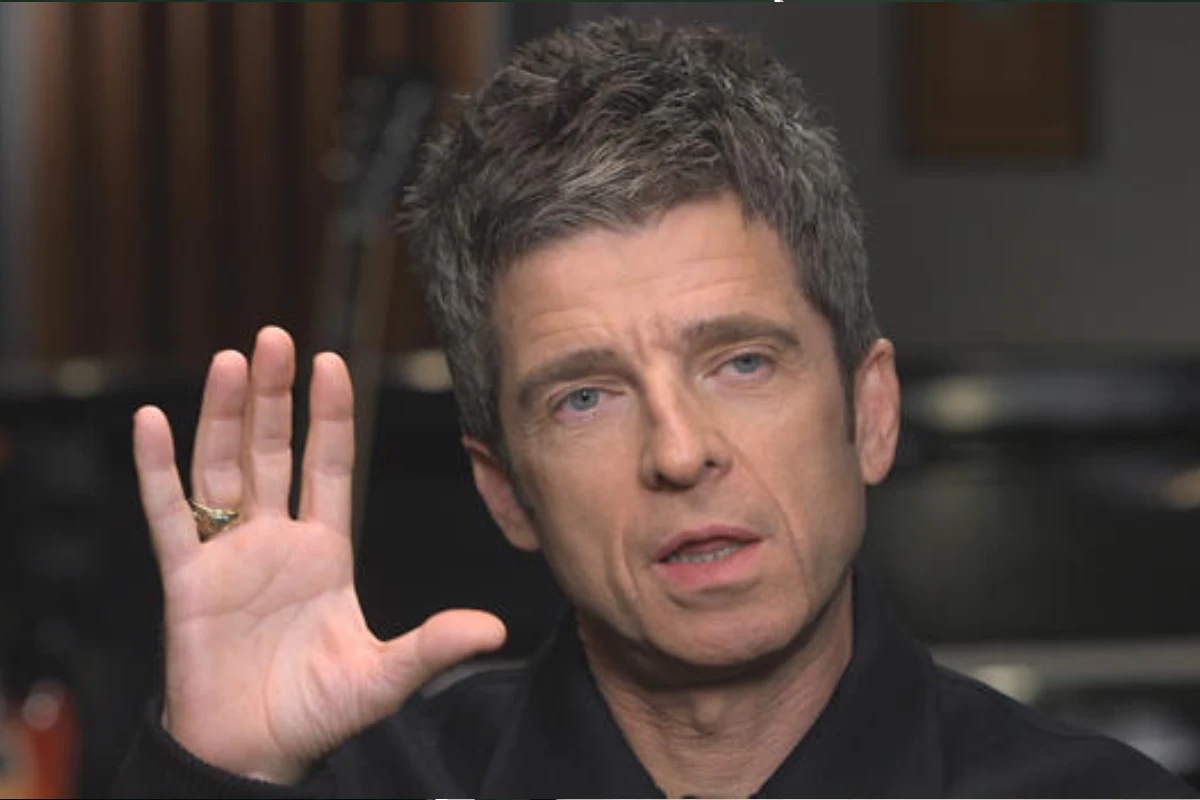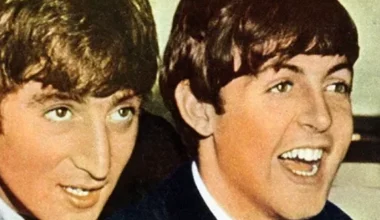Not every song hits the right chord with its creator, and even the biggest artists can have tracks they’d rather erase from their legacy. For Oasis guitarist Noel Gallagher, his feelings toward one particular hit don’t stem from any doubts about its success or quality but rather from the unexpected scrutiny it brought.
After launching a string of major hits in the early 1990s, Oasis struck gold again in 1996 with “Don’t Look Back in Anger.” The track embodied Oasis’s signature style, with its homage to ‘60s rock—especially The Beatles—and its infectious, sing-along chorus.
The lyrics, beginning with “And so Sally can wait, she knows it’s too late as we’re walking on by,” quickly cemented their place in pub and stadium anthems worldwide. But that seemingly innocent line became the focal point of Noel’s frustrations.
According to Paolo Hewitt’s biography Forever the People: 6 Months on the Road with Oasis, Gallagher had mixed feelings about the song despite its popularity. Hewitt recalls a moment just before an MTV performance when Gallagher, guitar in hand, told him, “I wish I had never written that song.” For Gallagher, the regret didn’t lie in the song’s musicality or message but in the tidal wave of questions it invited. Everyone wanted to know: Who was Sally?
Gallagher had anticipated the endless speculation and was reluctant to provide answers. To fans, “Sally” felt like a deep, personal reference, but to Gallagher, it was a decision rooted in sound rather than sentiment. He shrugged off inquiries, often admitting he didn’t even remember writing the song.
In First and Last, he shared, “I have no recollection of writing that… We were on tour, and once the gig finished, it turned into a strip club. And I often wonder, ‘Is Sally a stripper I met?’” The night flew by, and the next morning, the song’s lyrics were written on paper—without any clear backstory.
Ultimately, “Sally” wasn’t a real person. Gallagher chose the name for its rhythm, not because it symbolized anyone. Despite his regret over the hassle that came with it, he couldn’t deny that “Don’t Look Back in Anger” had become a defining piece of Oasis’s legacy. Though Gallagher might have wished he’d never written it, the song’s place in music history—and in fans’ hearts—remains indisputable.







